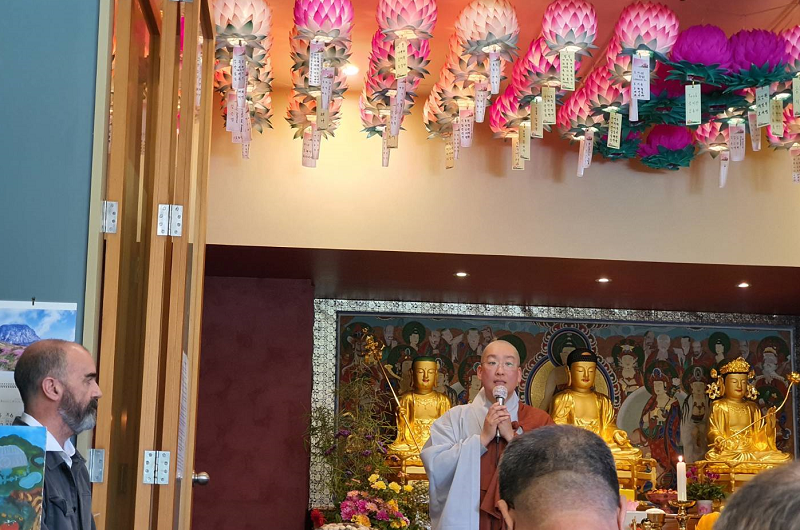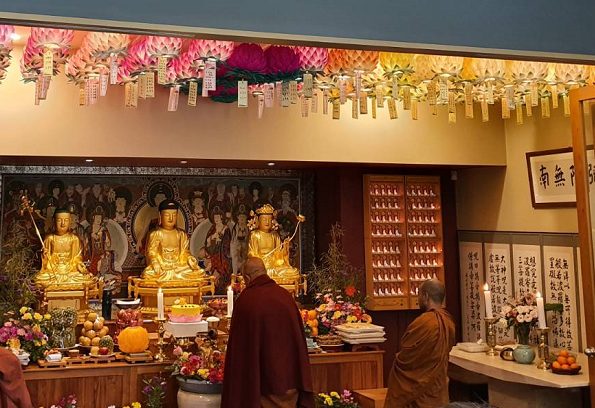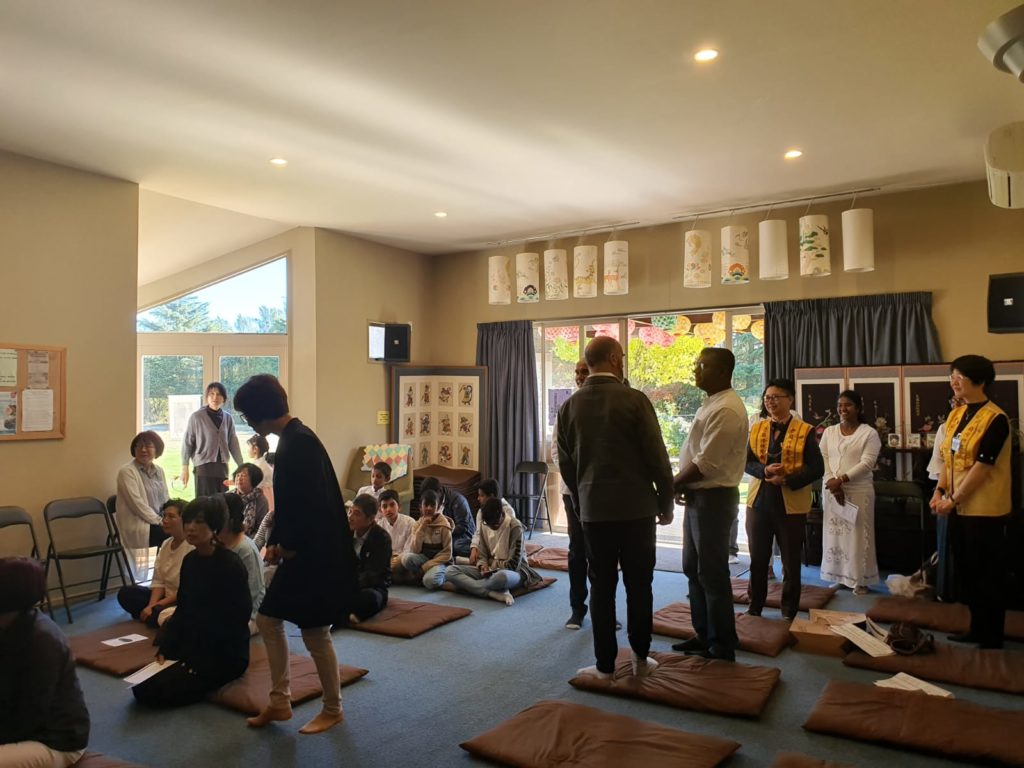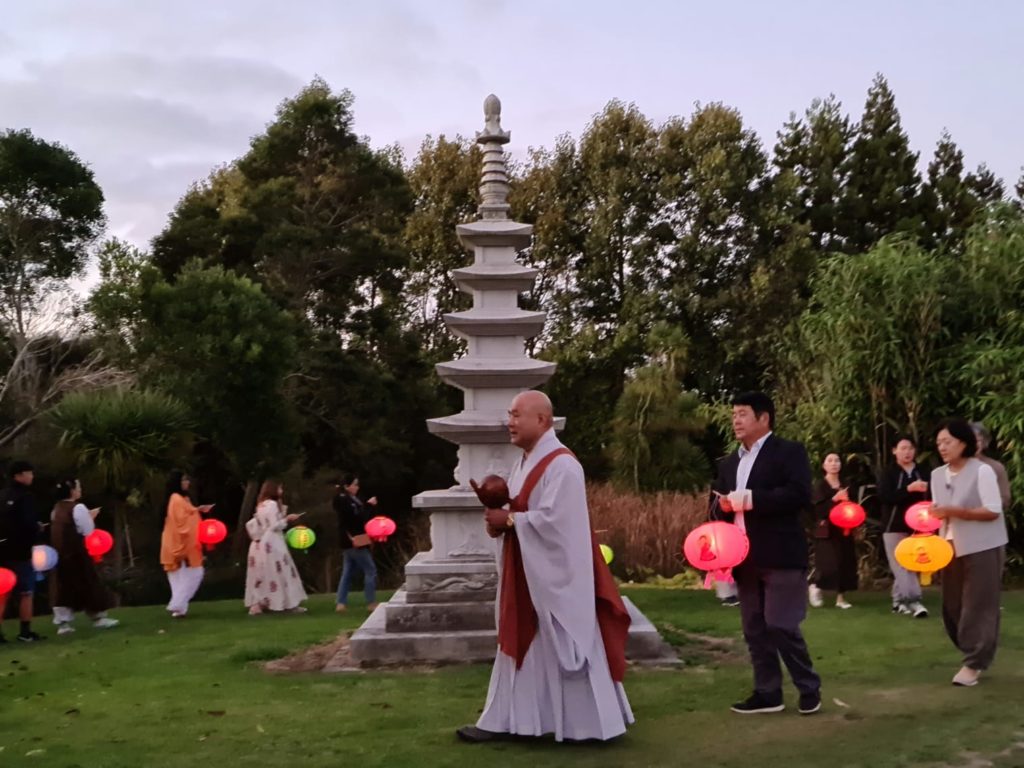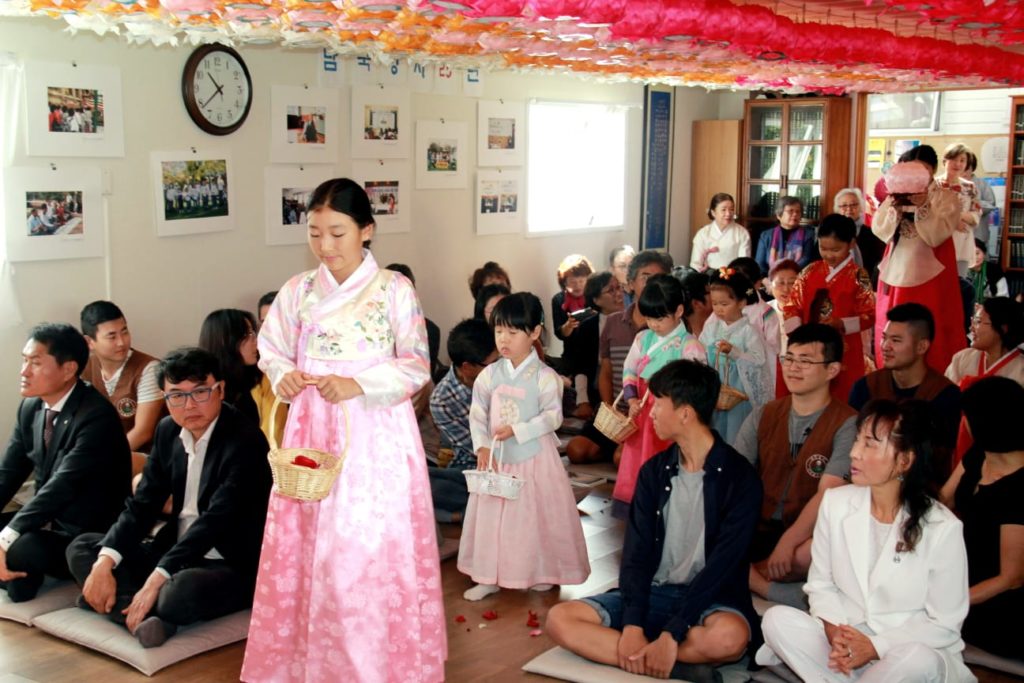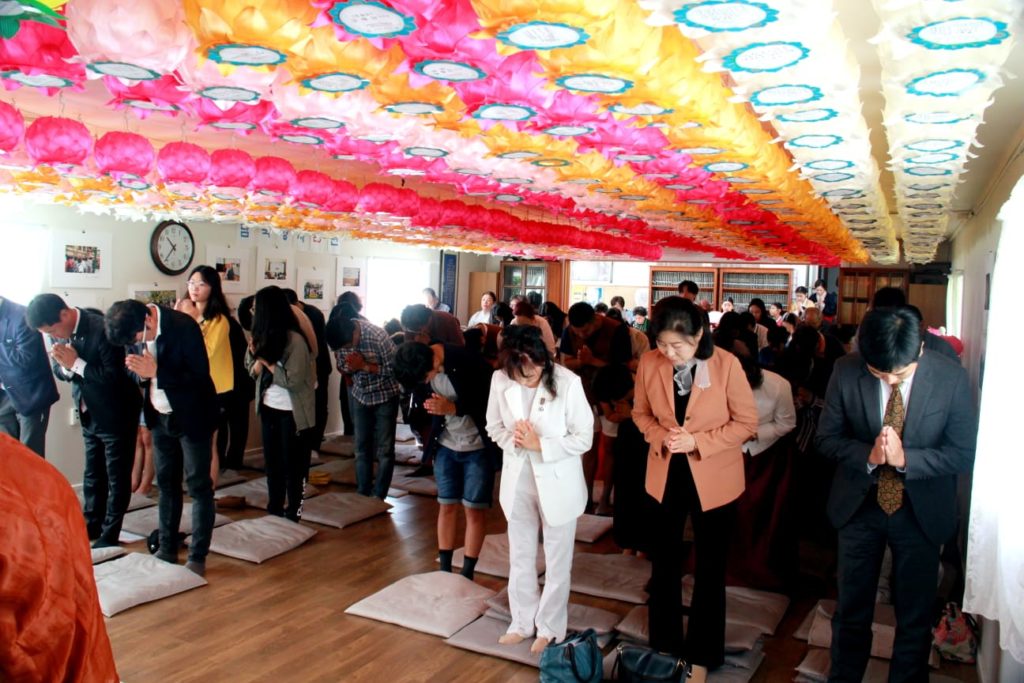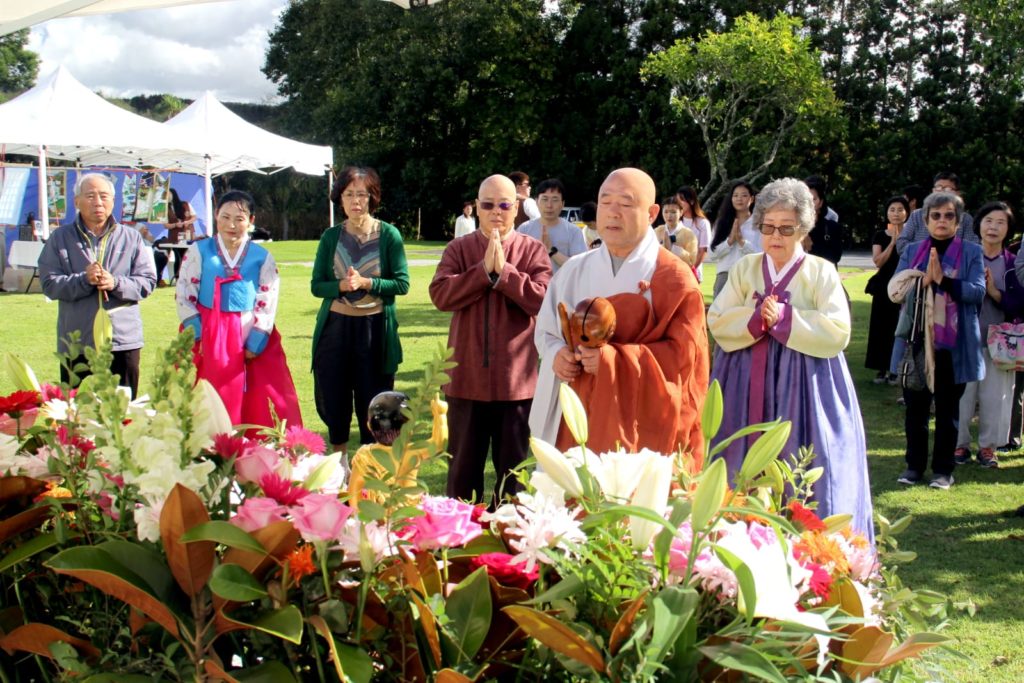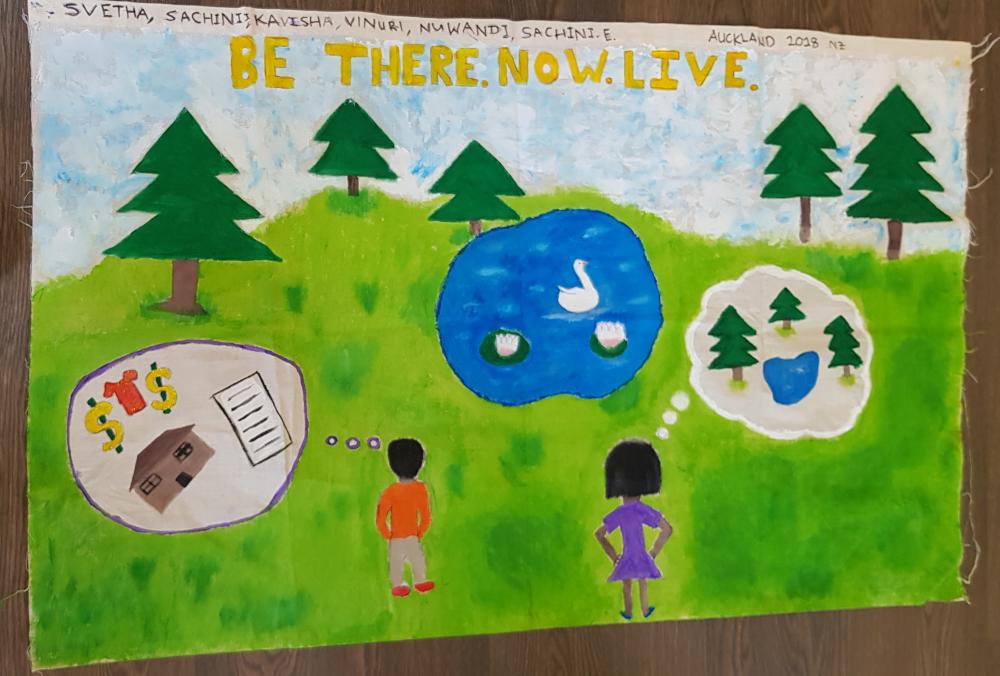New Zealand Buddhist Council message of encouragement to Governmental delegations to the 26th Session of the Conference of Parties to the UN Framework Convention on Climate Change (COP26)
It is time for wise, decisive and effective measures. Humanity’s impact has brought about rapid climate change and we are facing the results – shrinking ice sheets, warming oceans, ocean acidification, glacial retreat, sea level rise, and increasingly extreme weather and fire events. The UN Intergovernmental Panel on Climate Change (IPCC) says that “unless there are immediate, rapid, and large-scale reductions in greenhouse gas emissions, limiting warming to 1.5°C will be beyond reach.”
Wisdom and compassion in response to global climate crisis
Buddhist leaders around the world have said that it is essential for all societies and individuals to develop greater compassion and wiser respect for the environment, for humanity and for the other creatures living in the environment.
We need to be more wakeful and see that the great ecosystem of the planet is our mother and the cord binding us to her cannot be cut. When she becomes sick, so do we. When she is well, we can thrive.
Sustainable and harmonious relationships between humanity and the environment have been weakened by over-consumption and many have lost their sense of connection to each other and to the Earth itself. Without that connection we end up living in ways that destroy the systems which support our lives, and upon which all living beings depend. Through this wisdom of interdependence we can access compassion.
If the policies you choose to pursue in responding to the climate change crisis are rooted in deep principles of wisdom and compassion then humanity and all life will have a chance of thriving again.
Supporting well-being supports societal change
The Buddha made observations relevant to our current predicament. He discovered that personal suffering originates from inner craving and ignorance. The heart and mind, once caught up in afflictions of greed and fear become deluded and inclined to unskillful actions. Deeds performed from these states lead into further cycles of suffering. Chronic suffering is stopped when we see through our habitual narratives and find the causes in ourselves.
Our ecological emergency is caused by these same afflictions playing out on a collective scale. Both within ourselves and in the context of our negotiations with the world, we need to work with root causes. Resolutions of the climate crisis cannot be only technological. The traditions of Buddhism all teach that qualities of mindfulness and inner contentment are integral to reducing reactivity and greed. Acknowledging wisdom paths for their personal and social outcomes, and applying principles from them in secular contexts, will help us all to overcome the global challenges we face.
Excessive consumption of resources with excessive obsolescence and waste are signs of an unhappy society. Truly happy people do not depend on increasingly excessive consumption. To function sustainably with net-zero emissions we will need educational and economic systems which recognise balance ahead of growth.
May you have strong resolve, wise and skilful leadership
We seek from all of you cooperation and determination in securing transformational commitments through COP26 in Glasgow. The challenge is to “go hard and go early” with measures that work, commensurate with the causes of climate change.
-
- ➢ We exhort you to commit to the strongest possible Nationally Determined Contributions with firm science-based milestones to achieve net-zero carbon emissions well before 2050.
- ➢ Deforestation is both a loss of carbon retention and a source of a significant percentage of the world’s carbon emissions. Stronger effort is needed to halt the destruction of forests. Urgent and persistent efforts are needed to save the rainforest belt which is functioning as the lungs of the biosphere, and is also the home of a large percentage of plant and animal diversity.
- ➢ Fossil fuels must be replaced with renewable energy sources that are benign to the biosphere. We recognise the enormity of the task of fully phasing out fossil fuels. Present systems of extraction, production, consumption, and waste are inducing climate change, as well as causing ocean acidification, rising sea levels, water and air pollution, depletion of soils and the consequent loss of biodiversity.
- ➢ We also ask for a stronger commitment from wealthy nations to helping developing countries prepare for climate impacts and make transitions to low carbon futures.
Dedication
To the delegation from Aotearoa New Zealand and to all delegations attending, with the motivation to benefit all, we offer our statement for your consideration.
With hearts and minds on the long-term welfare of all beings, may you fulfil the universal sacred duty to protect the web of life.
This NZ Buddhist Council Statement has been endorsed by Buddhist leaders and communities throughout Aotearoa New Zealand, and received by Hon James Shaw, Minister of Climate Change and Associate Minister for the Environment, Nick Baker UN COP26 President Elect’s Global Engagement Director and Ambassador Christopher Trott (UK Ambassador to the Holy See).


